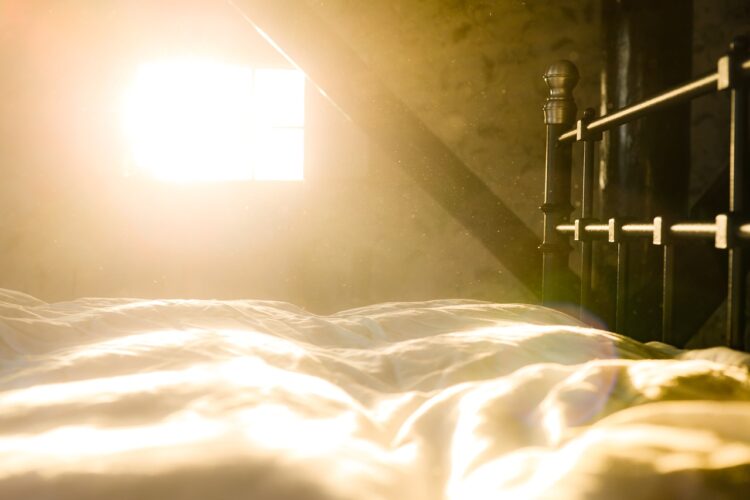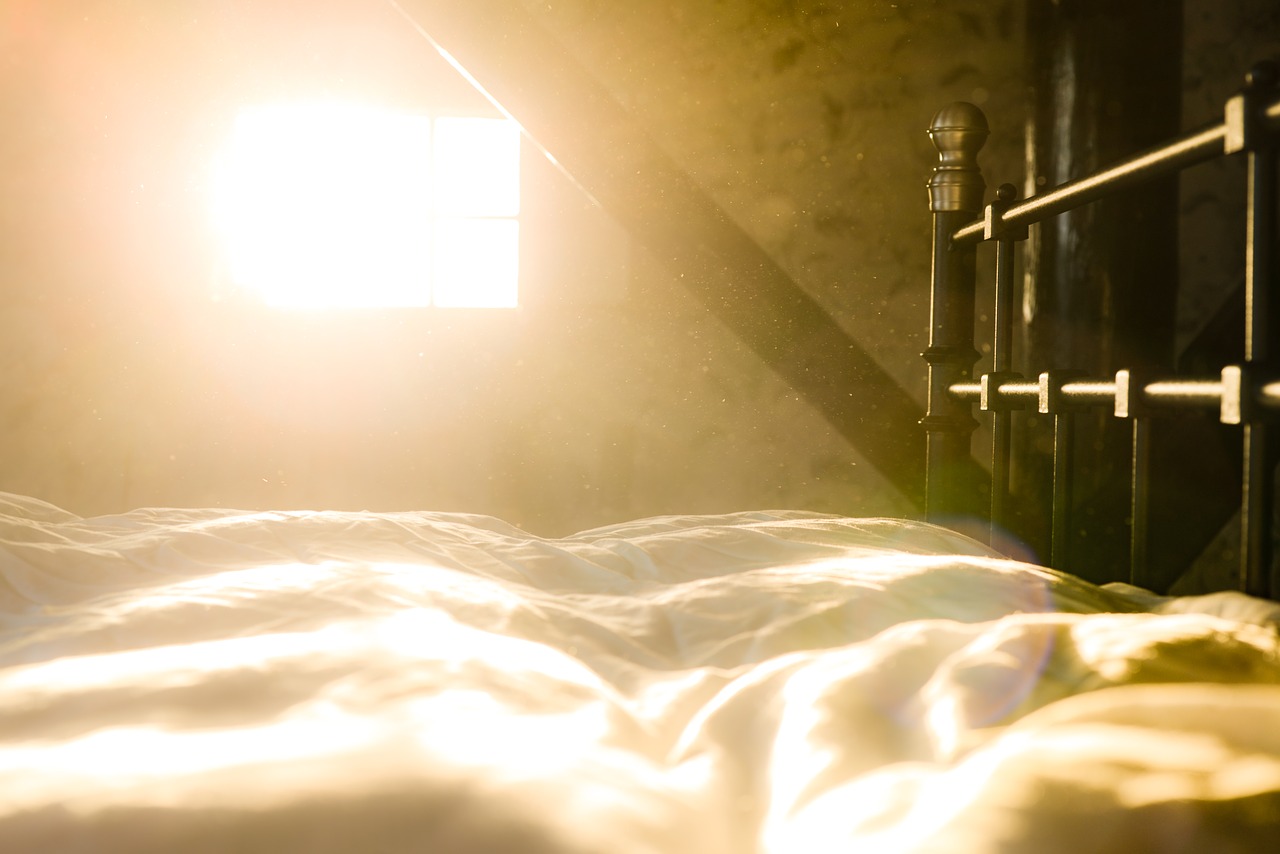Would you consider waking up before the rooster crows? Many successful entrepreneurs do.
Richard Branson wakes up at 5AM. to exercise and spend time with his family, which he says puts him in the right frame of mind for business. Ursula Burns gets up at 5:15AM. to handle emails and work out. And Paul English wakes up at 6AM to meditate, message colleagues, and eat breakfast with his family.
Like these successful people, I also believe in waking up early. My power hour is even earlier: It’s 4AM! Yes, that’s well before the sun comes out. But I wouldn’t be where I am today without this habit of rising early.
As Laura Vanderkam, a time-management expert, notes, “mornings are great for focused thinking.” Each morning, I take personal time to reflect and plan for the day ahead, writing down three personal priorities and three business priorities. Waking up early keeps me solutions-oriented and detail-oriented, and gives me the motivation to improve upon what I’ve built.
If just thinking about waking up at any of these times makes you want to snooze, don’t go to sleep just yet. Here’s why waking up early works for me and how you can do it too — even if you’re not a morning person.
Our bodies are designed to function well in the early morning. For most people, if they wake up between 3 and 5AM., the first thought is to stay in bed longer. By doing that, you’re actually going against the natural sleep patterns of the body.
In Sleep We Have Lost: Pre-industrial Slumber in the British Isles, a book written by historian A. Roger Ekirch, accounts of sleeping habits from centuries past show people long divided their rest into two segments. Here’s how a typical night’s rest went:
- The “first sleep” occurred after sunset, lasting about three to four hours.
- People would wake up and spend two to three hours eating, conversing, planning the day, etc.
- The “second sleep” would last for three to four hours until around sunrise.
Industrialization, Ekirch attests, brought the scheduled workday and robbed us of the luxury of having two separate resting periods. If deprived of modern stimuli, like artificial light sources, Ekirch claims we would return to segmented sleeping.
The loss of segmented sleeping may not seem like a big deal — until you realize what we’re losing by going back to bed. As Harvard University psychologist Deirdre Barrett says, “In the sleep state, the brain thinks much more visually and intuitively,” making sleep a well for good ideas.
So, when you wake up in those early morning hours, such as between 3 and 5AM, you can combine the creativity of your dreams with your waking conscious. This makes you more likely to imagine new possibilities and solutions, and think outside the box.
Perhaps this explains why some of the greatest artistic minds were or are known for waking up early. It doesn’t just make sense naturally, it also enhances creativity.
For instance, Frank Lloyd Wright worked best between 4 and 7 o’clock in the morning, saying that was when his mind was most clear. After working until 7AM, Wright would take a nap.
Toni Morrison sips coffee before dawn each morning as she waits for the light to come. She then starts writing after sunrise, feeling invigorated and inspired.
How you can actually wake up — and stay up — at 4AM
The act of waking up to an alarm isn’t difficult. It’s resisting the urge to hit the snooze button, which is quite frankly one of the most liked buttons in the world.
Thankfully, there are plenty of tips that can help you get your day started at 4 a.m. In addition to exercise, yoga, and meditation, which many successful entrepreneurs do right after getting up, you could try the following:
- Don’t use phones and electronic devices for an hour before bed. The light from such devices prevents our brains from releasing melatonin, a hormone that lets our body know it’s time to sleep. By doing this, you’ll fall asleep faster and get better sleep.
- Drink a glass of water first thing in the morning. After sleep, your body hasn’t had fluids in hours. Dehydration causes fatigue, so drinking water first thing in the morning can boost your energy.
- Wake up during the right sleep cycle. According to the National Sleep Foundation, rapid eye movement (REM) sleep, which is when most dreaming occurs, “is when your brain consolidates and processes information from the day before.” Waking up during REM sleep can leave you disoriented and wanting to go back to bed. Use an app like Sleep Time to wake you up during your lightest sleep phase (non-REM sleep). This will enable you to get out of bed in a more alert state.
- Wake up with light. Since the sun won’t be out at 4AM., your body may feel a little off at first. Use a sunshine alarm clock to emit ‘sunshine’ in the pre-dawn wake-up hours.
- Think baby steps. Setting small goals is much more manageable. Make it a step-by-step progress — and you’ll get there soon enough.
While sheer determination and old-fashioned discipline are key to becoming a true early riser, these science-backed hacks will help you fake on the days when your motivation is all but kaput.
At first, becoming an early riser might feel like a struggle. On some mornings, you may fall back to your old schedule. Though a pre-dawn wake-up call sounds daunting, trust me, it’s worth it. You’ve got nothing to lose. In fact, you don’t even have to lose sleep. Just make up the pre-daylight hours with an earlier bedtime.
Even if you don’t hit the 4AM mark every day, keep trying. On those days you do succeed, you’ll find yourself unleashing your creative potential and maximizing your productivity.




